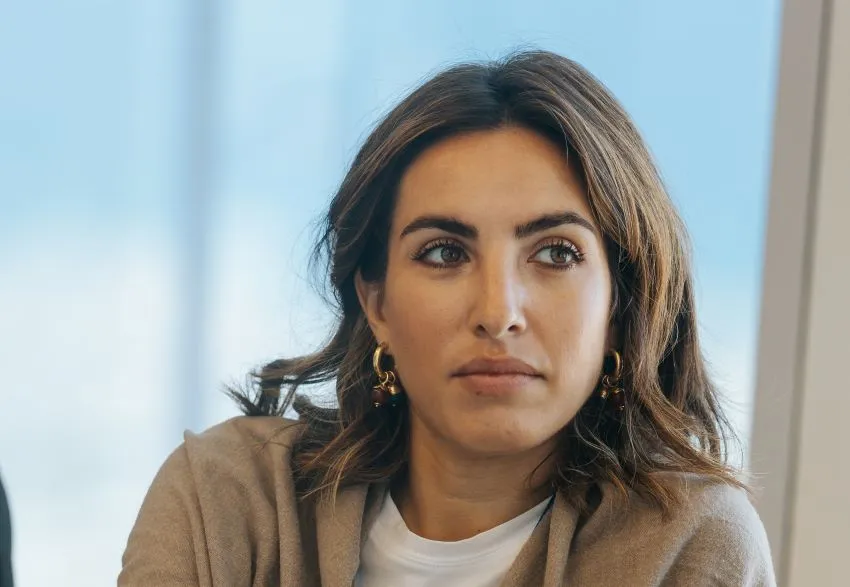
Contemporary diplomacy also means digital technology
The love for diplomacy struck at an internship at the Italian Embassy in Buenos Aires when she was still a student. One of her career goals was working in a position that would take her around the world, but she had envisage working in a major multinational company. But after Buenos Aires, Ludovica Laviani Mancinelli, a Bocconi graduate in Economics and Management of Public Administrations and International Institutions, chose international diplomacy and now, at the age of 34, she is First Secretary at the Italian Embassy in Israel overseeing economic and commercial affairs.
How is the path you have taken different from the one you had imagined at the beginning of your undergraduate studies?
What gives me the greatest satisfaction is serving the Italian state, to advance the interests of my country. It is something superior and noble, which is obviously lacking in the private sector. And this regardless of whether you are in Italy or around the world.
What has your career journey been so far?
In Italy, I worked at the organization of the G7 and the G20 summits, first at the Ministry of Foreign Affairs and International Cooperation and then in the staff of the Italian Prime Minister's diplomatic advisor. My first destination abroad was Washington, DC, a truly satisfying and stimulating period given that the United States is a major ally of our country.
One of the aspects that characterize the life of a diplomat are frequent transfers, the fact of having to move and change place of work recurrently. Is it good to be a globetrotter?
As far as I'm concerned, every new job assignment is above all a challenge. You have the opportunity to meet extraordinary people at any level and to continuously receive new stimuli from dealing with them. Clearly one must be malleable, flexible, also because the world is changing at a speed truly unthinkable even just a few years ago. Headquarters and mission generally change every four years, and geopolitical dynamics even faster than that.
Now you are in Israel, a dynamic country at the crossroads of tradition and innovation. What are your duties?
I follow the economic and commercial sectors, thus putting my studies at Bocconi to good use. I act as an intermediary between Italian companies that want to enter the Israeli market, especially in the technology sector which is highly developed here, and Israeli institutions. There is enormous potential in this regard.
If you were to address young university students attracted to a career like yours, what advice would you give them?
That they must be ready to do things that are always different, pursue lifelong continuous education and also have strong problem-solving skills. Another important thing in my opinion is to have a clear communication style. Contemporary diplomacy, through the increasingly massive use of digital technologies, has eliminated distance: there is no more center and periphery of the world, we are all interconnected. Jokingly, I say that diplomacy cannot not yet be done on WhatsApp, but that WhatsApp has become a diplomat's tool.